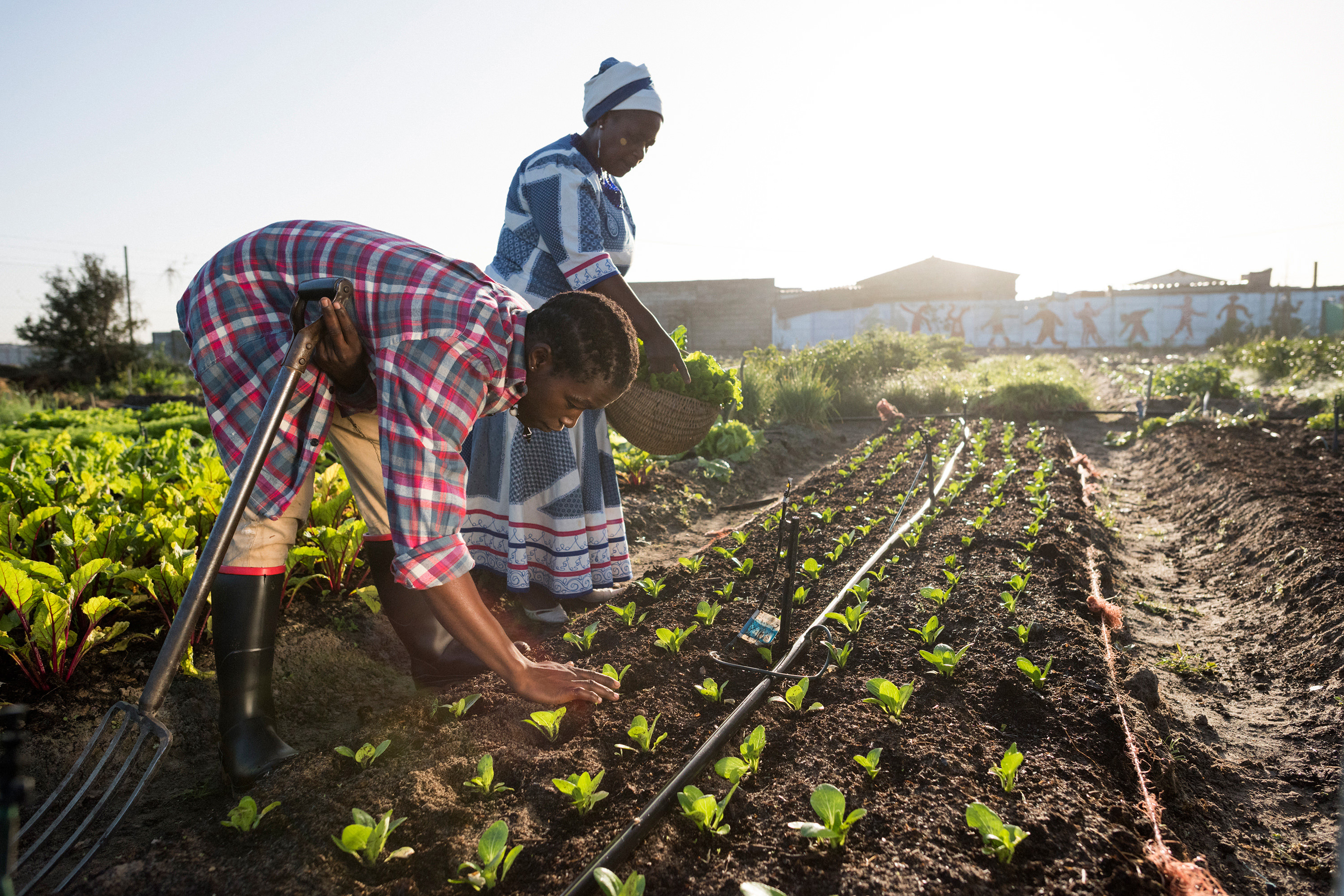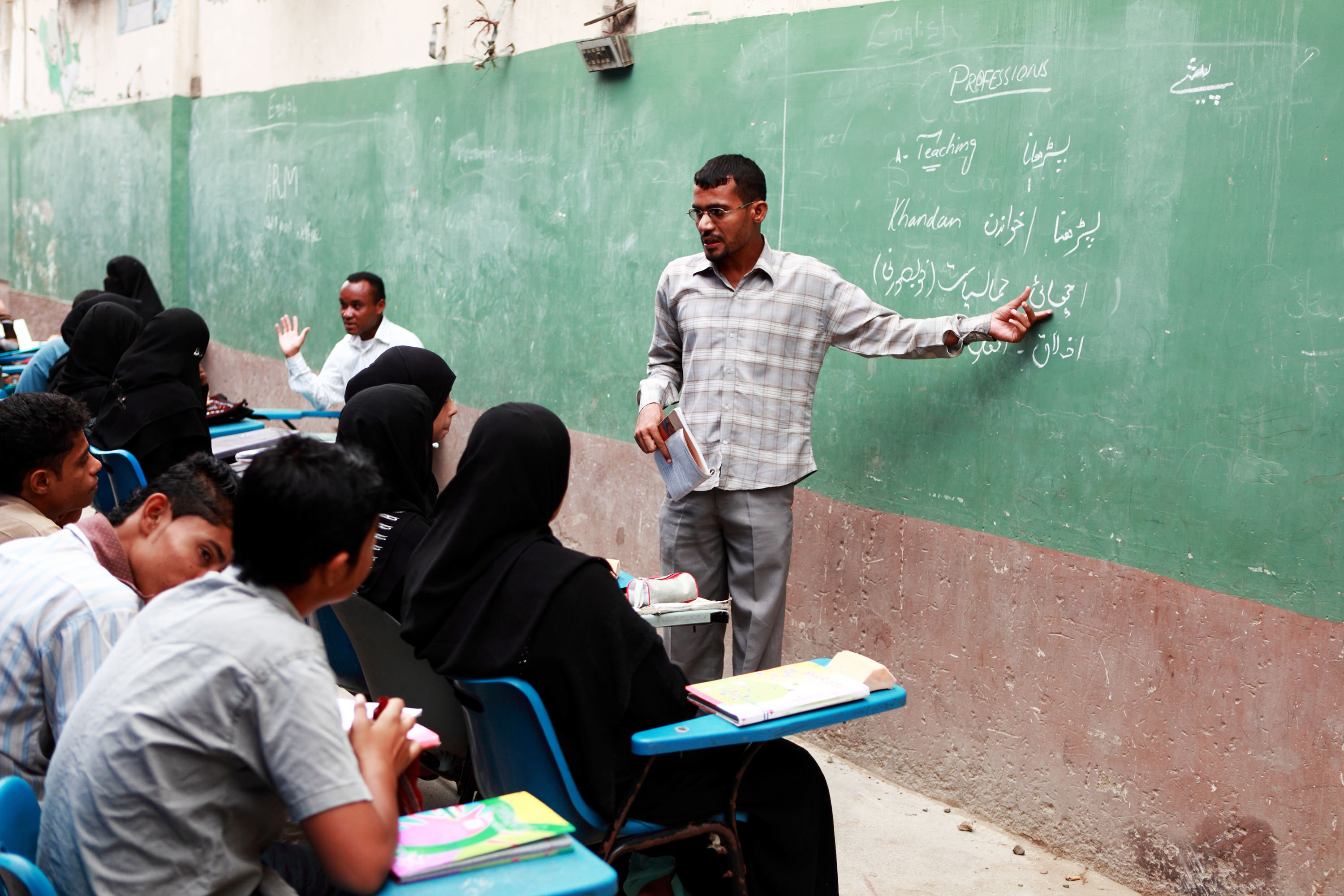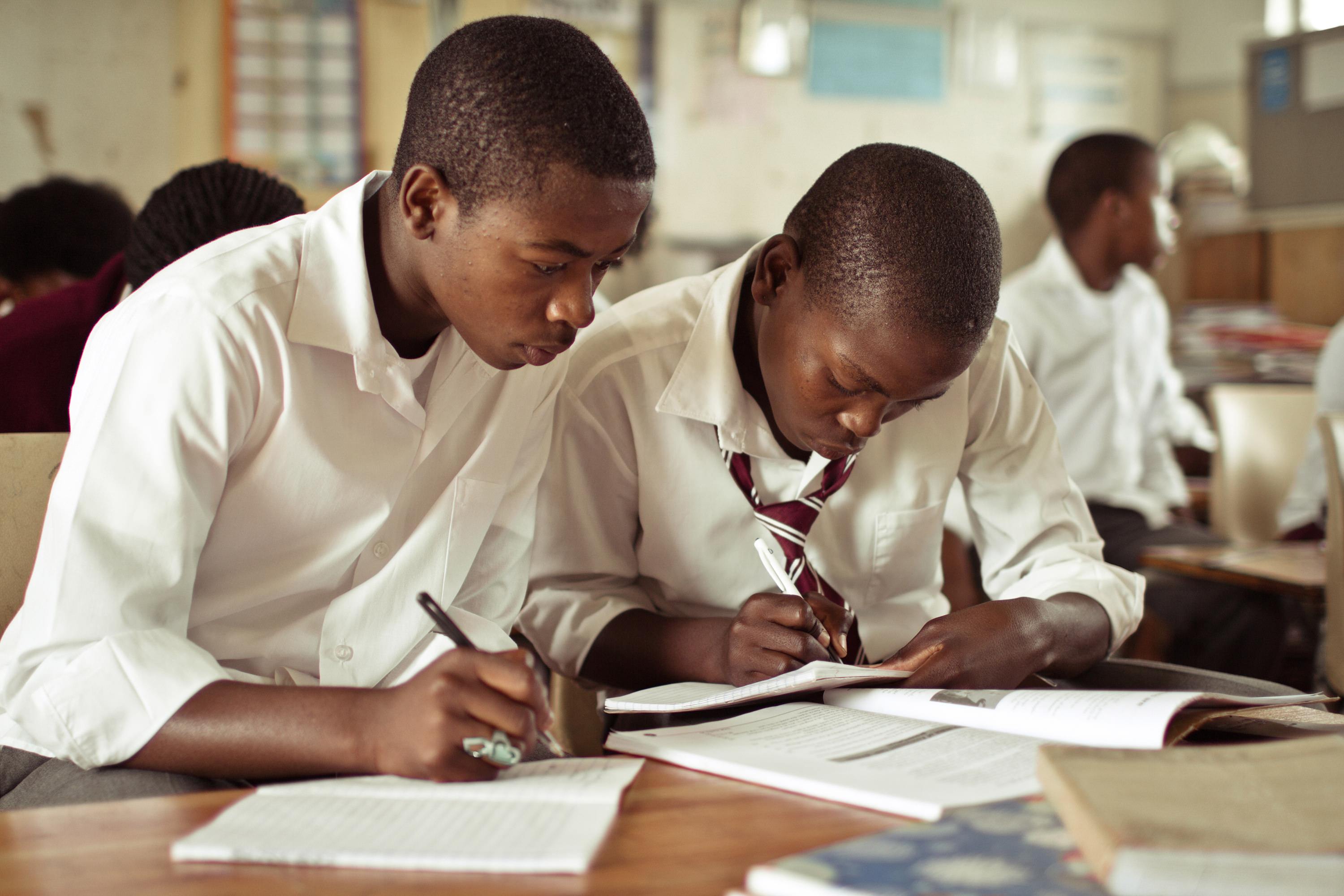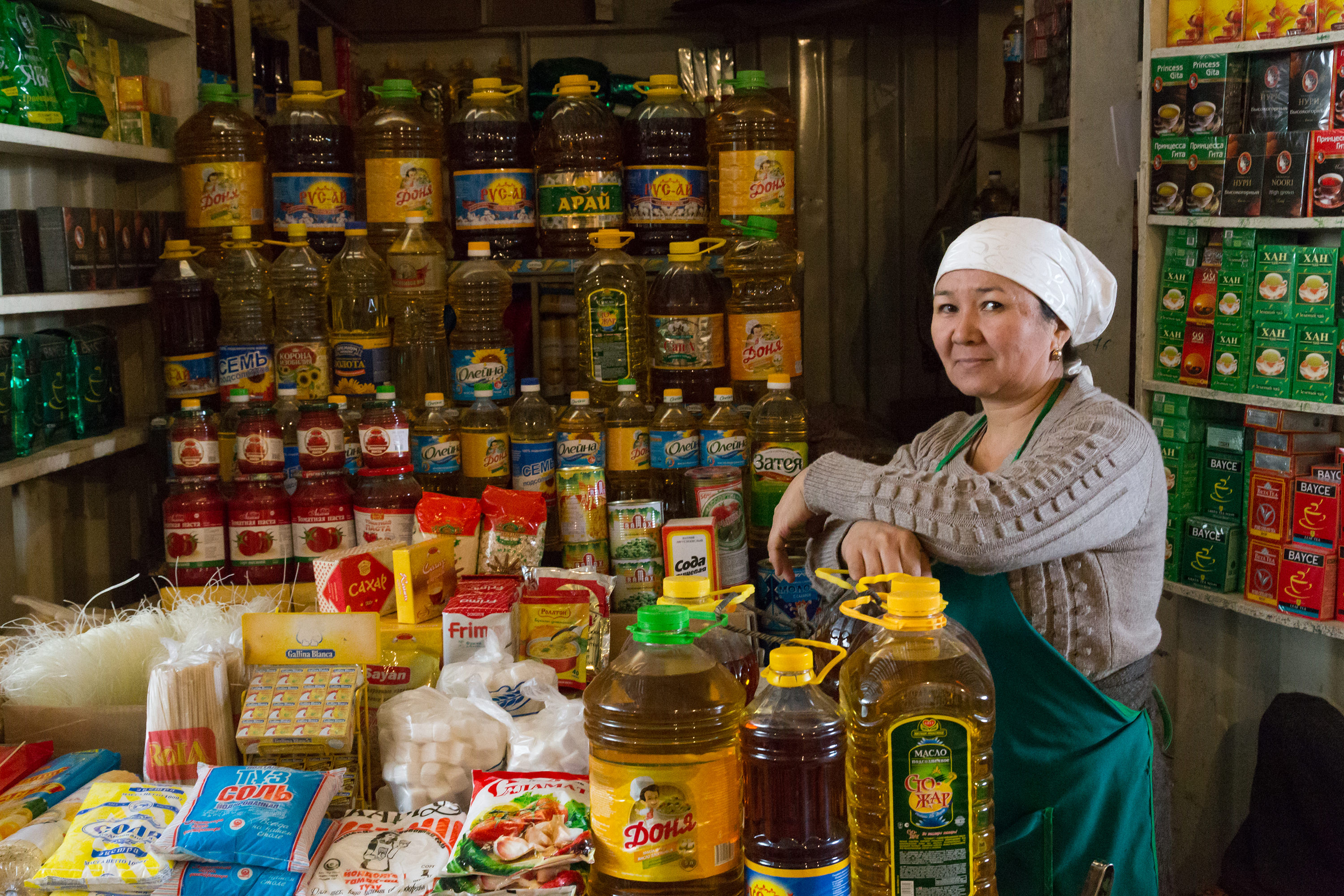Youth employment and micro, small and medium sized enterprise (MSME) development are often in the public debate. Governments in Africa have recently introduced a number of programmes to promote employment via these mechanisms, but the understanding of which interventions are most effective and for which types of individuals they have an impact is limited. Furthermore,…
Gender
Punjab Economic Opportunity Program
The project seeks to understand the issues facing skills development in low-income countries (LICs) by identifying failures in both skills provision and labour markets then designing and evaluating interventions that can address these shortcomings and raise the socio-economic returns to acquiring skills. The project builds upon the Punjab Economic Opportunities Programme (PEOP, a DfID funded…
Transitions to Adulthood
This project will analyse long-term longitudinal data from Madagascar and Senegal to examine the dynamics of transitions into workforce of a cohort of young men and women. Our aim is to increase the knowledge of the process of skills accumulation, and their impacts and determinants in low income settings in multiple ways. It will add…
Gender and Employment in Central Asia
The overall objective of this project is to study the position of women in the labour market as well as policies that shape their position in Kyrgyzstan and Tajikistan, two low-income countries in Central Asia. We focus on three core dimensions. First, we are concerned with the type of work that women perform in the…
Globalization and the Gender Gap
The third Millennium Development Goal is to “Promote gender equality and empower women.” This goal is given some urgency by the fact that significant gender gaps remain, especially in the Low-Income countries (LICs). The World Bank’s 2012 World Development Report, “Gender Equality and Development,” stressed that in the LICs women lag behind men in a…



